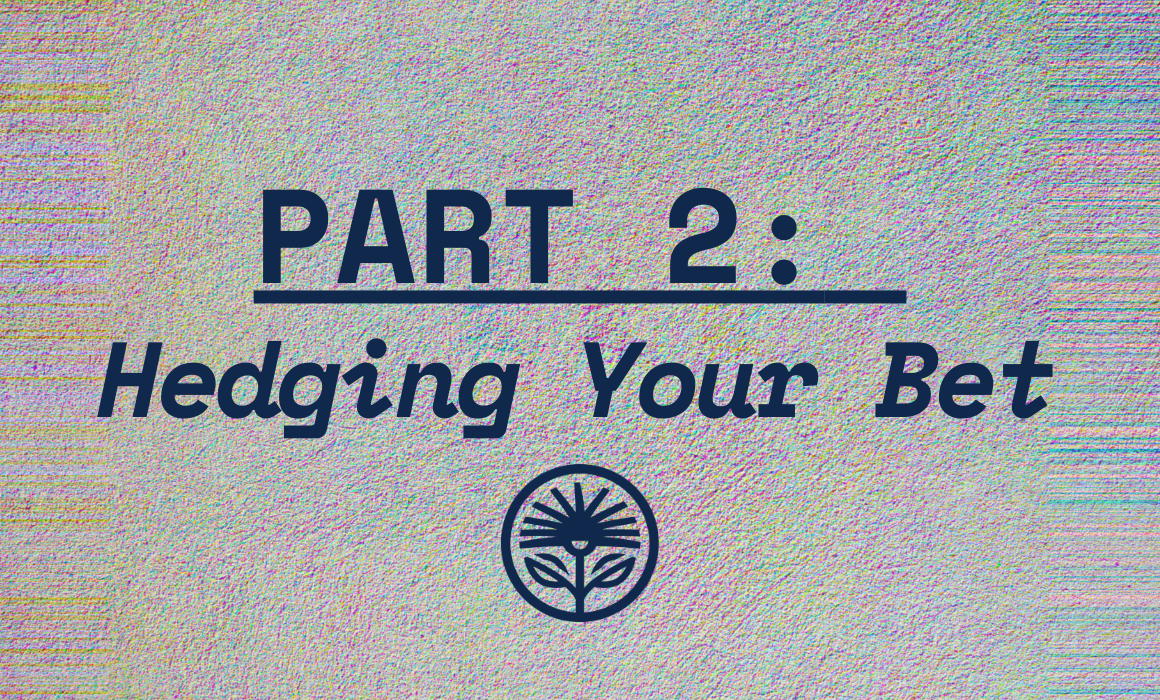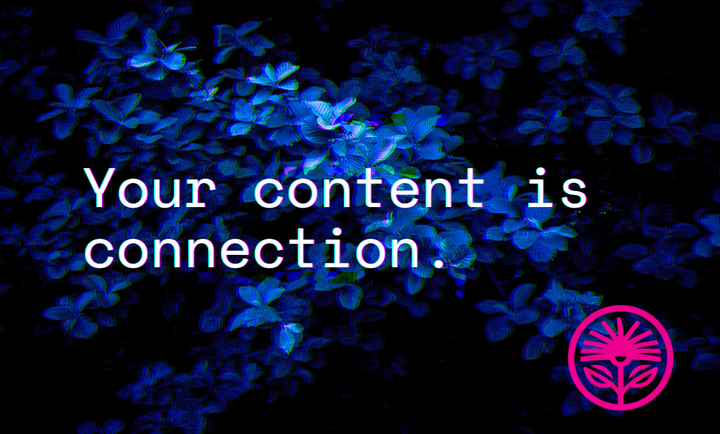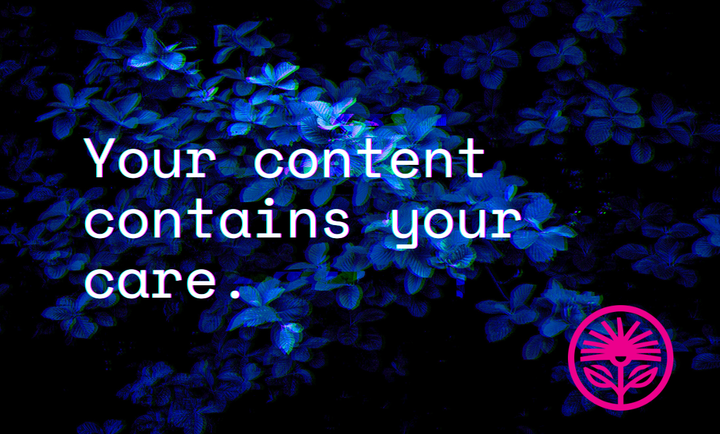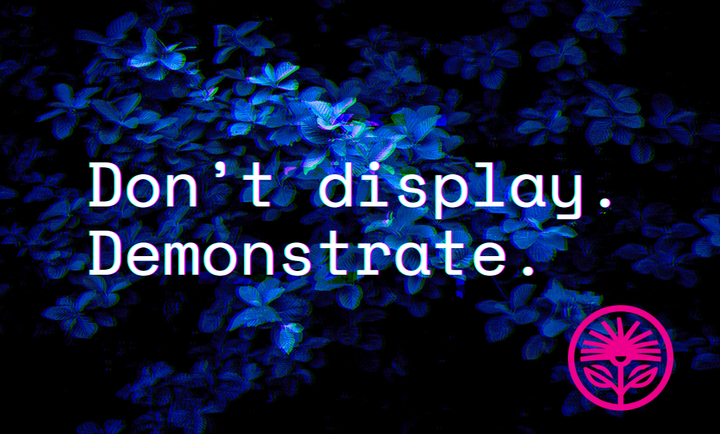Zero Plan Part 2: Hedging
How to bet on your worst outcome.

Read the introductory post to this series here, and read Part 1: Honest Assessment, here.
I’m not a gambler, but I love reading about how professional poker players make betting decisions.
And as Maria Konnikova points out in The Biggest Bluff, professional poker players get better results than professional stock traders, so there’s reason to pay attention to how they think about things like hedging.
Annie Duke, PhD, the decision scientist and former professional poker player, describes hedging this way in How to Decide:
“When you identify the possibility of bad luck, there are things you can do in advance to soften the impact of that bad luck. These things are called hedges. There are three key features of a hedge.
1. A hedge reduces the impact of bad luck when it occurs.
2. A hedge has a cost.
3. You hope you never use it.”
While some would argue that it doesn’t fit the technical definition of a hedge, insurance is a useful example. It’s something we spend money on, and hope to never use, that will reduce the impact of bad luck if it occurs.
But isn’t that kind of like betting against yourself?
Well, sort of.
But it’s more like betting you’ll be okay even if you get a bad outcome. It’s betting on a better future, no matter what happens.
Konnikova puts it this way in The Biggest Bluff: “You will never see the long run if, in the short term, you don’t buffer yourself against the vicissitudes of chance. It’s not an ego thing. It’s practical survival. True skill is knowing your own limits—and the power of variance in the immediate future.”
So how do you hedge against a Zero outcome?
First, you imagine it thoroughly. Then, you review your Honest Assessment and decide how you could benefit or mitigate losses even if you get a bad outcome.
Let’s say you’re launching a new product and you’re hoping for great first-day sales. You’re even depending on it to make some necessary payments on your material costs.
Okay, what happens when you get a zero?
Well, the most obvious issue is that you’re going to owe somebody money that you might not have on hand as quickly as you were hoping.
How could you place a “bet” on that outcome that softens the blow of poor or zero sales?
Well, in the background, could you be making a deal with a large purchaser to take the stock off your hands if you don’t get the sales you need?
That purchaser is going to be able to extract an excellent deal from you—you’d really rather not have to pursue this option—but it might be a better outcome than watching your stock spoil in the warehouse or owing money you can’t pay.
It’s a little bit like having a “Break Glass in Case of Emergency” option that you’ve already set up and paid for. You never want to use it—but you really want to have it.
As Josh Kaufman wrote in The Personal MBA, “In order to be effective, Fail-safes must be developed before you need them. If you wait to develop backup systems until you need them, it's too late to make a difference.”
Maybe you don’t deal in physical products—maybe you’re holding a launch event, and you’re worried nobody is going to show up.
Well, could you have the equipment and support on hand to turn the event into a video or photo shoot? If people show up, great. But if they don’t, you can still use the time and location effectively.
There can be expensive hedges and cheap ones. Big ones, small ones. But the concept is the same—protect yourself from the worst outcomes by planning ahead, and paying ahead.
So, in your business, with your next launch, promotion, expansion, or offering—how can you take out a bet on your worst outcome?
How can you win—if only a little bit—even if you lose? How do you lose less even if you get a zero?
That’s the idea of hedging.
As Dr. Duke said, you don’t want to use it.
But you need to have it.
In our next post, we’ll talk about Mitigation Strategies for a zero outcome so that you are even less likely to need to invoke your hedge.
The Series:
Crisis Model: Zero Plan
Part 1: Honest Assessment
Part 2: Hedging Your Bet
Part 3: Mitigation Strategies
Part 4: The Final Framework



